PRESERVING A MILITARY LEGACY FOR FUTURE GENERATIONS
The following Reflections represents SGT Eric Andonian’s legacy of his military service from 1992 to 2001. If you are a Veteran, consider preserving a record of your own military service, including your memories and photographs, on Togetherweserved.com (TWS), the leading archive of living military history. The following Service Reflections is an easy-to-complete self-interview, located on your TWS Military Service Page, which enables you to remember key people and events from your military service and the impact they made on your life. Start recording your own Military Memories HERE.
Please describe who or what influenced your decision to join the Army.

Influencer #1: The military always fascinated me; my dad grew up in Tehran, Iran (an Armenian), and he served in the Persian Army (Iran, 1941).
He was a very proud American and loved this country, and I remember him taking us to Long Beach harbor (California) to see an aircraft carrier (the 1960s). That was an amazing experience (I can still visualize those torpedoes)!
Influencer #2: We lived through the hushed horror of Vietnam, and I think my parents kind of shielded us from it. I don’t remember ever seeing it on TV or talking about it. When I turned 18 (1978), my mom actually hesitated (slightly) when I jokingly questioned signing up for Selective Service registration. She talked about my staying with my friend in Canada if the next war was FUBAR like Vietnam. That surprised me because she strongly supported our nation and its laws.
Influencer #3: In high school, several classmates enlisted. When I saw them later over the years, I always enthusiastically asked them about their service, whether they liked it or not, what they experienced, etc. They all affirmed that overall it was an exceptional adventure, and they were glad they served. I never forgot that.
Influencer #4: I learned that my great uncle had volunteered to fight in World War I; he was sent to France and died in combat. We have a beautiful hand-lettered calligraphy illustrated memorial proclamation from France thanking us for such sacrifice. He is buried in one of the American cemeteries there.
Influencer #5: In the summer of 1990, I would come home from work and watch the TV news coverage of Saddam Hussein. I was amazed and astonished at the incredible skills, technology, and awe of our fighting forces pounding the Iraq military into the sand during Operation Desert Shield and Operation Desert Storm. I just had to get involved! I enlisted on March 4, 1992.
Whether you were in the service for several years or as a career, please describe the direction or path you took. What was your reason for leaving?
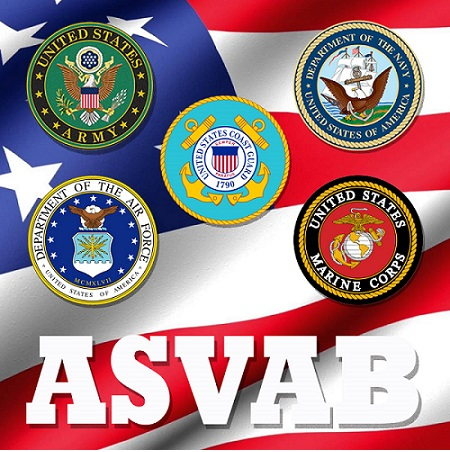
I enlisted on March 4, 1992, after watching our incredible military liberate Kuwait. I had a good job that I enjoyed, and I never considered active duty, so the National Guard was my choice.
I took the ASVAB, did very well, and did exceptionally well on the other tests the Recruiter gave me. She (SSG Krystal Hildebrand?–Burbank, Calif.) enthusiastically indicated that I may have qualified for ALL 250 MOS jobs in the Army!
I began studying & researching, narrowing them down to 80 choices…, 50, 25, and 8 choices. In the end, I was pretty certain I wanted a job working with computers. My brother taught me about this burgeoning field (IT), which seemed interesting.
At my next meeting with the Recruiter, I discovered/confirmed that I was colorblind. They offered me three jobs: Food Service (aka ‘Spoon’), Transportation (Driver), or “Graves Registration Specialist.” Mortuary Affairs was “the care & handling of deceased personnel.” I think I received a small bonus for taking the mortuary job, so I signed up to be 57F.
It turned out to be a fascinating and humbling job with a real sense of purpose & meaning. “Somebody has to do it” (care for the dead), and when you’ve given the ultimate sacrifice, it was an honor to assist.
I attended Basic Training at Ft. Jackson, SC, and AIT at Ft. Lee, VA. Sixteen weeks; all went well because I spent months preparing. I knew my age (32) would be an issue physically, so I over-trained and arrived very strong and capable. I had been shooting firearms since age 9 (Boy Scouts), so Basic Rifle Marksmanship (BRM) came easily.

Upon graduation, I was assigned to a National Guard Armory in Bell, California (5340 Bandini Blvd). They saw my mortuary training and immediately re-assigned me as the unit Armorer! I began studying a new MOS. I was charged with the care & control of hundreds of M16s and about a dozen M2 Browning 50-cals. (“Ma Deuce”). The armory vault doors were insanely strong.
I served there for a quick, short year and then had the opportunity to move to Montana, where my mom grew up. I transferred to the Montana ARNG 163rd Armored Brigade, 1063rd Engineer Company, and was re-classified as 12F, Combat Engineer. I studied & received my MOS and was assigned as M60A1 Armored Vehicle Launched Bridge (AVLB) commander. I was also certified on the M-278 CEV (Combat Engineer Vehicle), with an M9 Dozer Blade Assembly and the A-frame crane boom in all four positions (commander, driver, loader, & gunner).
The summer of 1994 brought horrific fires across the west, and Montana was hit hard. The governor activated the National Guard, and I was deployed to the Bitterroot Valley, Ravalli County. We brought a fleet of M35 series 2-ton 6×6 cargo trucks (“Deuce-and-a-half”) and the newer M939 series 5-ton 6×6 trucks, plus the M998 Humvees, GP Medium tents, etc. Each morning we’d load up tons of fire hose, Pulaskis, etc., or fill the entire truck with Native American Blackfeet Indians that would fight the fires all day. After the South Canyon, Colorado Fire took the lives of 14 wildland firefighters, our orders changed, and we stayed on the mountaintops all day in case evacuation was needed.
At the end of my 3-year contract, our unit was disbanded, and new drills would be hundreds of miles away, so I decided to leave the National Guard. I fulfilled another life-long dream and flew to Alaska to explore our 49th state.
I spent a short while there and began to realize what a great employer the military had been. For the first time in my life, I was open to going on active duty, so I did in October 1995 in Anchorage. I agreed to drop from Sergeant to Specialist, and I was only offered one MOS: 31-Charlie, “Single Channel Radio Operator-Maintainer.” I was sent to Ft. Gordon, GA, and completed an 8-week AIT. We learned to operate & maintain mobile & fixed-site radios, processed encrypted top-secret messages (send/receive), etc. I was shipped out to Ft. Huachuca, AZ, where I was again immediately re-purposed as the Battalion Commander’s driver and Executive Administrative Assistant at 11th Signal Brigade, 86th Signal Battalion working under Lt. Col. William Cleghorn. That was a fun assignment.
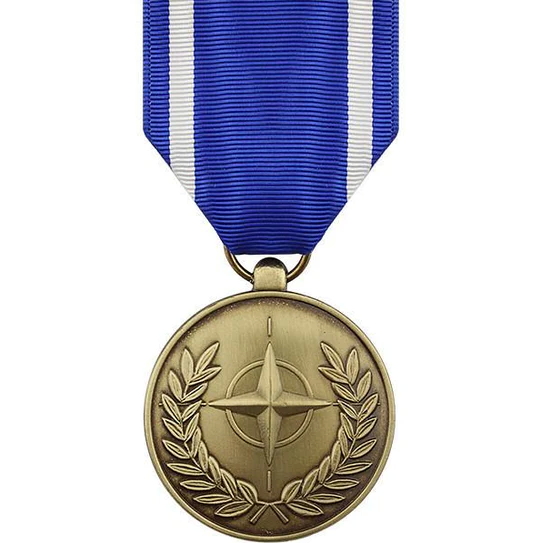
After one year, I was deployed to Heidelberg, Germany, where we supported troops during Operation Determined Effort (IFOR), and then I shipped out on a German Transall C-160 for Sarajevo Bosnia. I was issued a Top Secret (TS-SCI) clearance (US & NATO Cosmic). I served two tours in Bosnia (9 mos. in Operations Joint Endeavor) in SFOR. During my three years in Germany, Bosnia, Serbia, & Hungary, my personnel file was put on “Hold For White House Communications Agency (WHCA).” I was offered a position to directly support the president, vice president, US Secret Service, and White House senior staff (PSD: Presidential Support Duty). I wasn’t able to take the job.
A couple of months after arriving in Bosnia, I began to have some skin conditions. We were still functioning in some tents, pallets covering mud, cramped living quarters, and much hazardous cleanup (daily exposure to large amounts of asbestos, petroleum, oils, etc.). This was silently affecting our lungs, skin, etc.
I kept having skin problems (itching, open sores, etc.). Doctors treated me twice for scabies (99% skin coverage with pesticide Permethrin) with no relief. I was flown back to Germany and seen by German & American doctors for many, many months. The condition continued to worsen and baffle the medical establishment for 2.5 years.
As a re-enlistment bonus, I chose to PCS to Washington DC. My mom lived there, and I thought it would be great to spend more time with her and work in the World Seat of military power. The night before my flight, I got an emergency American Red Cross message that mom had suddenly become terminally ill.
We were able to spend several weeks with her before she passed away. Now that I was in DC, I got an appointment with the chief dermatologist at Walter Reed Army Hospital. He finally diagnosed my skin problem: Hodgkin’s Disease; I spent the next nine months under chemotherapy and radiation treatments at Walter Reed Army Hospital.
I became executor of mom’s estate and applied for compassionate reassignment to stay in DC. I was assigned a position in US Army Signal Activity-MDW at Ft. McNair as Col. Philip LaPerla’s executive administrative assistant (CSM Reuben Peppers). My ETS out-process appointment was scheduled for 1000 hrs., Tuesday, September 11, 2001. Obviously, that didn’t happen.
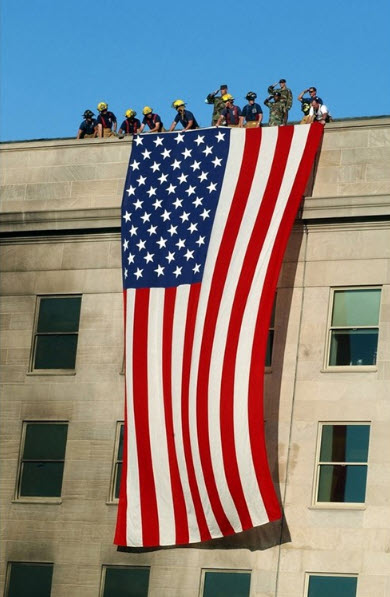
As the planes plowed into the WTC & Pentagon, we pulled out all the new equipment we had purchased for Y2K worst-case scenarios. The Pentagon called and asked if they could borrow the Ft. McNair garrison flag. My unit drove it there in our van. My Sergeants and troops are some of the soldiers on the roof, unfurling it in the now-famous photograph. The Transition Center was converted to Mortuary Affairs and began assisting the dead at the Pentagon and in New York.
As you would expect, I volunteered to re-enlist in the Army needed me. The Command Sergeant Major brought a classified document to me, showing that we had plenty of E5s and above with TS-SCI and my skills; I could ETS without concern. So I did. I wasn’t sure how long I would survive with this cancer, so I traveled, learned new things, and enjoyed my life. I had survived the disease for now, but it had caused chronic fatigue, weakness, and other health problems.
There was a significant risk of acquiring another cancer, and I didn’t know how long I had. That’s why I chose to leave. I miss the service every day, but I have been mostly healthy and productive! I got married, and I have had a wonderful two decades as a veteran in the civilian world, and the VA has taken very good care of me.
If you participated in any military operations, including combat, humanitarian and peacekeeping operations, please describe those which made a lasting impact on you and, if life-changing, in what way?
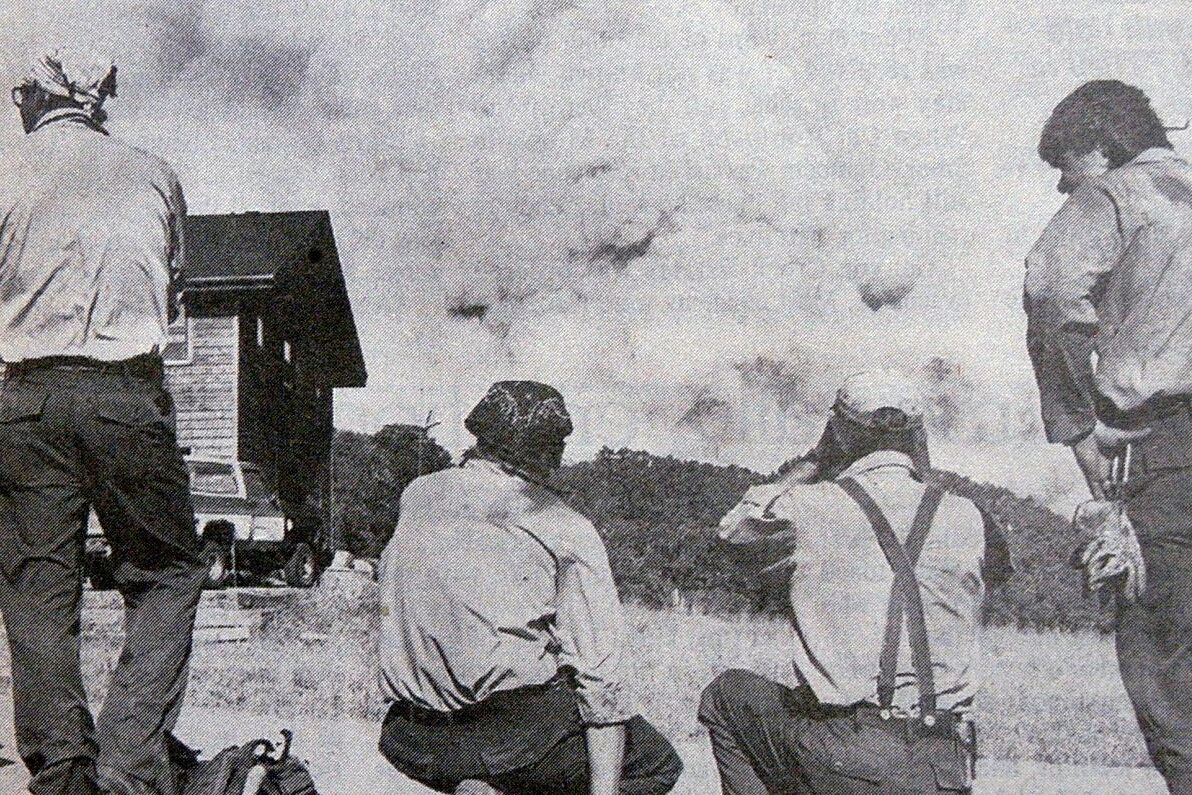
In 1994 I was serving in the Montana National Guard. We were activated and deployed to fight the horrendous forest fires consuming the state. This was an amazing experience for me. I learned a tremendous amount about the Army, the US Forest Service (USFS), active-duty troops (Ft. Hood deployed infantrymen to Montana), and the monstrous Federal government.
We saw amazing things (bears, deer standing in the river, nowhere to go, Blackfeet native American tribes fighting fires, etc.), and we helped a lot. I drove the old M35 6X6 “Deuce and a Half” up and down very steep mountain roads absolutely overloaded with fire hoses, Blackfeet Indians, pumps, and whatever else they needed.
It was hard, dirty work, and we weren’t even fighting actual fires! We slept in GP Mediums when we returned to camp. During that deployment (the South Canyon Fire) erupted in Colorado and killed 14 wildland firefighters on Storm King Mountain, near Glenwood Springs, on July 6, 1994. The fire caught them by surprise, and even their emergency shelters couldn’t save them. It was a horrific tragedy and one big reason so many of us (Guard & Active Duty) deployed to Montana’s fires.
Before that catastrophe, we had been dropping off firefighters and returning to base. After July 6, we parked our big trucks at the drop-off sites in the forest and waited… all day long. Just-in-case wildfires erupted, and personnel needed evacuation.
One funny recollection is about the lunch bags we received every morning. They’d give us two brown paper bag lunches (10-12 hour days), and each one had the usual sandwich, apple, snack bar, etc., but each lunch also included a CAN OF SOUP or CHILI. For a few days, I would pull the can out of the bag, shake my head, and chuck it behind my Deuce and a Half seat. I couldn’t figure out why they gave these out. We can’t START A FIRE! We don’t have CAN-OPENERS, ?it just didn’t make sense. Then one day, I glanced over at a hardened Blackfeet Indian firefighter as he relaxed to eat his sack lunch. He took the heel of his boot and chopped out a little hole in the burnt ground. To my astonishment, a little fire erupted! He put the can of soup in the hole, and surprise! Hot soup. I then realized that our pocketknives had can openers and that the heat from the fires was so intense that the underground was ready to burst into flames again at any moment. There was fire all around us and underneath us. Amazing.
I later helped transport technicians that flew a specialized helicopter over doused sites each night. The sensors on the helicopter could ‘see’ underground, and they’d map-out hot spots that were going to re-ignite. It was a fascinating experience as my first CONUS deployment.
Did you encounter any situation during your military service when you believed there was a possibility you might not survive? If so, please describe what happened and what was the outcome.
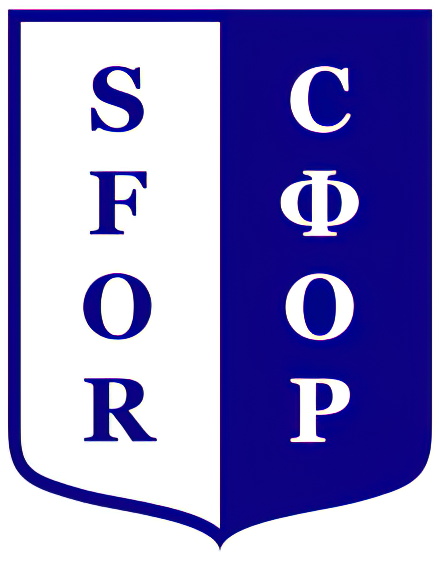
I had a couple of scary moments but no combat.
Bosnia, 1996-1997: we were out in plain clothes, riding bicycles, taking photographs. I think this was kind of part of our mission, enforcing peace and introducing stable societal norms. We always traveled with a buddy, and suddenly we heard screeching car tires skidding to a stop. My partner was about 50 meters in front of me. I turned to see a very large man rushing toward me, yelling something about “no photography.” He was a Serbian policeman (plainclothes, personal vehicle) who apparently had not “received the memo” that his country was no longer under tyrannical control. I nearly shot him but was able to verbalize & get my SFOR ID badge out just before his hands came to my neck. He skidded to a stop, turned, and walked back to his car, cursing and spitting.
Bosnia, 1996-1997: again, plainclothes, riding bicycles through town, a group of young men in a car behind us thought it would be funny to accelerate to a high rate of speed, put the car in neutral (silent), coast right up next to us, and lay on the horn, screech the tires, open the car door, yell, and then throw it in gear and speed off. Not a smart move. They nearly got shot.
Bosnia, 1996-1997: walking alongside our NATO 4×4 Cargo truck (DAF, Iveco, MAN), taking photographs of the countryside, a “citizen” behind a junkyard fence apparently thought photography was still illegal. He began heaving large 40 lb. rocks at us, nearly hitting us, cussing up a storm. We mounted the truck and left the area without incident.
Another “stressor” was being armed 24/7, vigilant, and aware of our surroundings. Patrolling the streets of Sarajevo, crowded with citizens, some of that gave us cold, evil stares, was trying on the nerves. When we were sent to R&R on the Croatian coast, the physical, mental, and emotional stress relief was palpable.
Driving our NATO vehicles was also a bit stressful as we constantly scanned the ground for soft spots, always staying on paved roads to avoid the real threat of land mines. An anti-tank mine exploded one day while we were in the lobby of a large hotel (Ilidza). The glass windows bowed in like they were liquid bubbles and anything loose came crashing down around us. I thought the whole building was going to come down.
Of all your duty stations or assignments, which one do you have fondest memories of and why? Which was your least favorite?
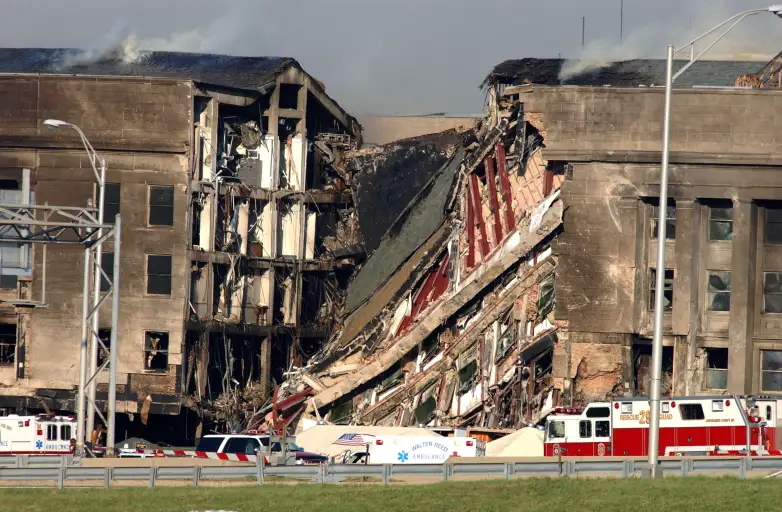
Fondest memories: Working in the center of American military power (Washington DC) for a Colonel responsible for all Signal Corps systems, technology, and processes for the entire Eastern seaboard was an amazing assignment. We worked in the Pentagon, Ft. Belvoir, Ft. Meade, Ft. McNair, Ft. Lee, Anacostia/Bolling bases, Andrews AFB, etc. We even frequented the NSA. In the event that a president (former or current) died, our unit would be tasked with courier activities supporting and sustaining communications for the Washington DC area (the epicenter of the Federal Government landscape), including the US Capitol, Treasury, State Department, DOD, AG, Commerce, DOE, HHS, etc.
Worst memories: Standing in that same office (Colonel LaPerla, Army Signal Activity-MDW) at 0855 on 9/11/2001, watching the news and thinking, “there’s no way a pilot accidentally flew into the World Trade Center on a clear day.” I remember thinking that the huge gash in the building was NOT from a small plane; our antennae were already coming out when the second aircraft struck at 0903 hours. The CSM, COL, and I looked at each other, and I was immediately instructed to start bringing up all of our emergency operations equipment from the basement. At 0938, my desk phone started ringing, and we began hearing from our troops driving from the Pentagon that a jet had struck there, too, knocking down street lights on the way down. I walked outside and stood on the Potomac River, watching the smoke billow up on the other side.
From your entire military service, describe any memories you still reflect back on to this day.
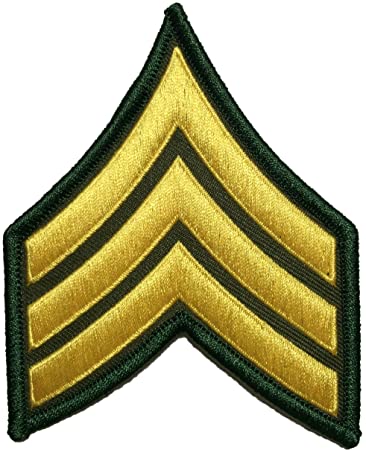
Thankfully I never entered combat. My most meaningful memory is the tremendous honor it was to put on the uniform and serve this great nation. Another great feeling is that of being an NCO. As Gerald Brooks says, “When you become a leader, you give up the right to think about yourself.” We were “upfront, up to date, up to our job and up early in the morning.” (Marcus Sieff).
I use my military training to this day, never giving up, always doing things the right way with pride and personal accomplishment, treating my family as I treated my troops: with respect, duty, honor, and courage.
What professional achievements are you most proud of from your military career?
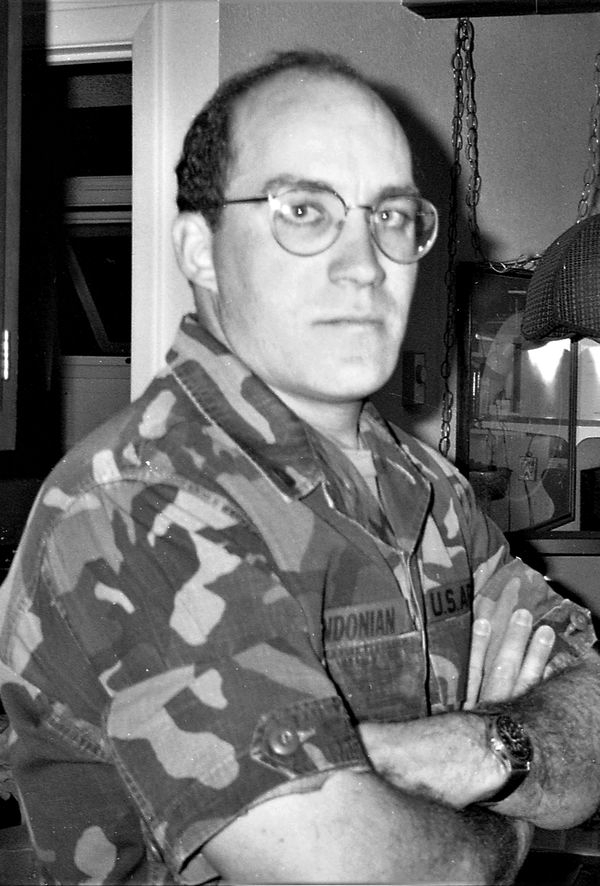
Attaining the rank of Sergeant in both the ARNG and Active Duty was a major achievement.
I had turned down promotions (“I do not concur”) for six mos. Because I knew I’d be taken out of my job and given leadership/supervisory duties.
I’m glad my Command eventually insisted, explaining Army regulation that it is their responsibility to see my career growth and development.
I studied for the board and am glad I was promoted.
Of all the medals, awards, formal presentations and qualification badges you received, or other memorabilia, which one is the most meaningful to you and why?
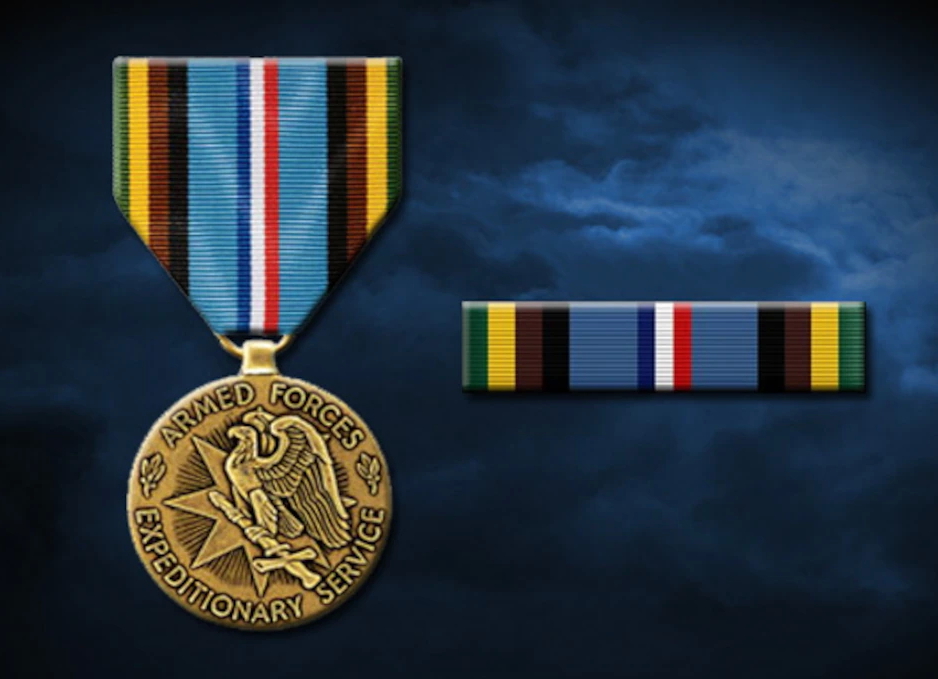
I think that the Army, specifically, gives out too many medals and ribbons too easily. For example, I served three years National Guard with one deployment and six years of Active Duty with two deployments (all non-combat). I came home with thirteen ribbons, ten medals, and seven clusters or other devices. Too much!
I was tremendously honored to receive the Army Service Medal and the Armed Forces Expeditionary Medal for my two tours in Bosnia-Herzegovina. Hearsay was that the war organizations like the VFW were largely responsible for pushing this through as a way to hopefully boost rolls (only awardees of these two medals or higher were eligible).
Anyway, it was an honor to receive them and all the others.
Which individual(s) from your time in the military stand out as having the most positive impact on you and why?
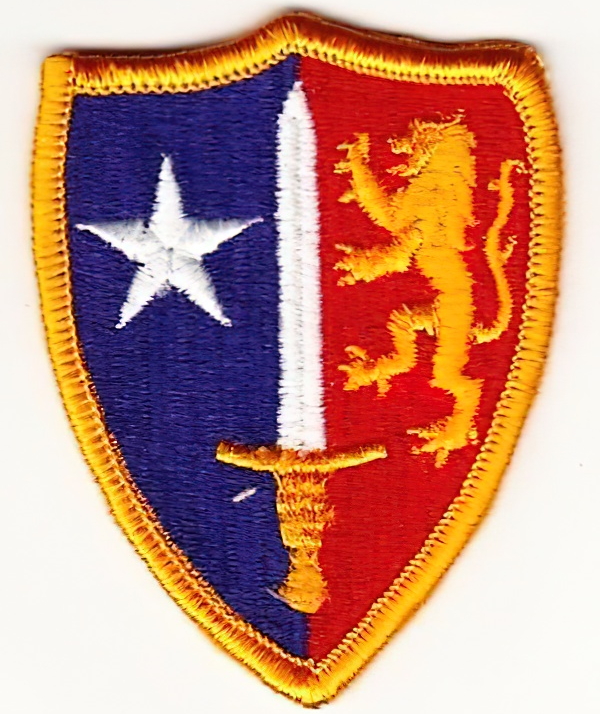
Oh, wow… so many. Number One would have to be my Sergeant in Germany,
SSG Don McCasland. He set such an incredible example of service-to-soldier, dedication, devotion, and investment in my success. I’ll never forget him.
The corporal I replaced (I can’t recall his name, but I have it scribbled somewhere) was a great soldier. He was put together, sharp, strong, informative, and responsive.
SFC Randall Darling in Germany did a superb job leading us at LANDCENT Light Aid Detachment.
CSM Rueben Peppers was also an amazing example of “the backbone of the US Army,” the Non-Commissioned Corps.
Lt. Col. William Cleghorn was my battalion commander at Fort Huachuca and a great leader and officer.
CSM Martin Durkot was my leader in Germany, and he, too, did a great job ‘holding down the fort.’
SSG Terrence Delargy was one of my leaders in DC and exemplary.
List the names of old friends you served with, at which locations, and recount what you remember most about them. Indicate those you are already in touch with and those you would like to make contact with.
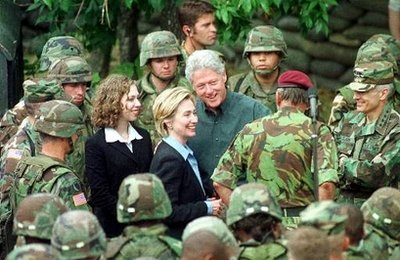
Private (Name unknown), (Battle Buddy) in Basic… we had a good time.
Corporal (name unknown) in Heidelberg (I replaced him)…
SSG Don McCasland, my boss and mentor. He prepped me for the E5 board and took tremendous care of me as his subordinate.
SFC Randall Darling in Germany; NCOIC of our NATO land unit deployed in IFOR and SFOR.
CSM Rueben Peppers, Battalion CSM at 86th Signal in Ft. Huachuca. Great soldier.
Lt. Col. William Cleghorn, Battalion Commander, 86th Signal, Ft. Huachuca. Great Commander.
CSM Martin Durkot, CSM at our NATO LANDCENT detachment.
SSG Terrence Delargy, my Sergeant at Army Signal Activity, Washington DC. Great NCO.
Chad… in Heidelberg… fellow trooper who brought us many laughs and good times.
E5 to E4 Sergeant (name unknown) had a huge gash in the head from a rollover in Bosnia.
SPC (name unknown) that died driving one of our huge NATO Wreckers. We still had the vehicle in our motor pool long after—a very sad loss.
SPC (name unknown) sitting on my couch in BNHQ…had just returned from Gulf… combat vet. Hilarious troop.
Can you recount a particular incident from your service, which may or may not have been funny at the time, but still makes you laugh?
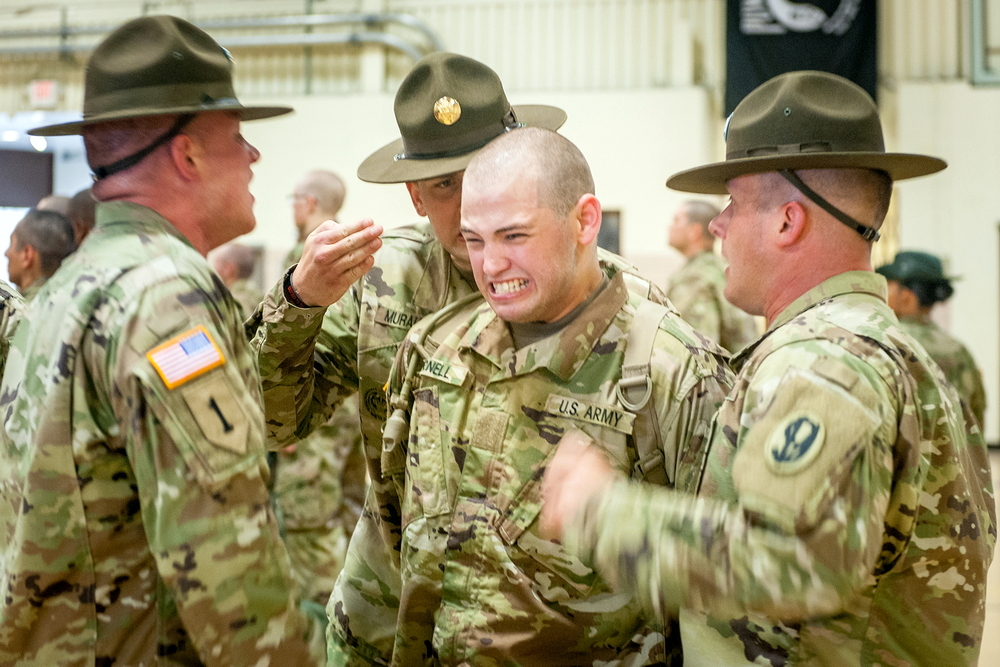
Boot Camp: One day in the Mess Hall (DFAC), Drill Sergeants were notably ramped up, jamming us inside. I got surged forward (lifted off the ground in a body log jam) and ended up knocking a drill’s brown round off the edge of the booth he was sitting/eating in. Oh boy…was I sweating bullets. I just stared at him with a shocked look on my face. He looked shocked too but yelled, “JUST DON’T STAND THERE PRIVATE, PICK IT UP!! PICK IT UP!!” Such a weird feeling to touch a DS Brown Round and put it back on the ledge.
Coming into the barracks the first time, Drills were screaming and yelling, flipping stuff, making loud noises… I was ‘thrust’ around a corner while hugging my duffle, and I rammed right into another drill sergeant and knocked him down. It took everything in my soul not to burst out laughing. He was up in my face in a flash, and the yelling and shoving continued.
What profession did you follow after your military service and what are you doing now? if you are currently serving, what is your present occupational specialty?
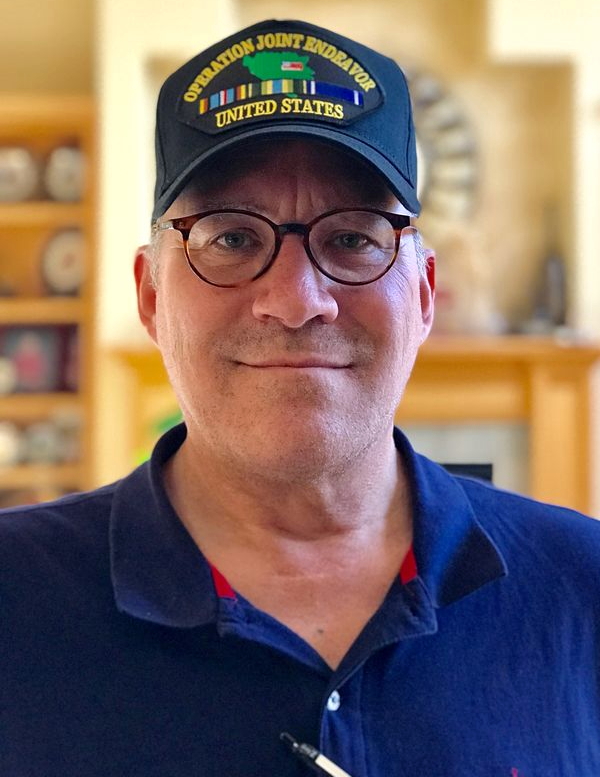
Having served several high-level commanders in the Army as their executive administrative assistants (regardless of my MOS, I continued working in the private sector. I had many years of experience in the security field also (armed & unarmed), and that became a career later.
Right out of the Army, I was Executive Administrative assistant for the CEO/President of a prestigious (one of US’s oldest) crane, heavy hauling, and rigging company in Philadelphia. After two years, I met my future wife and moved to Oregon, where I was an admin for a major project manager at a steel factory. Unfortunately, I was laid off after six months.
I was then offered a job as an armed courier at Loomis, Fargo & Company. I worked as a CDL armed courier, admin assistant in the office, managed the facility (custodial, emergency generators), etc. There were 27 months with no raises or promotions, so I left and took a job with worldwide security consulting & investigations company working confidentially as a security agency providing protective services.
What military associations are you a member of, if any? what specific benefits do you derive from your memberships?
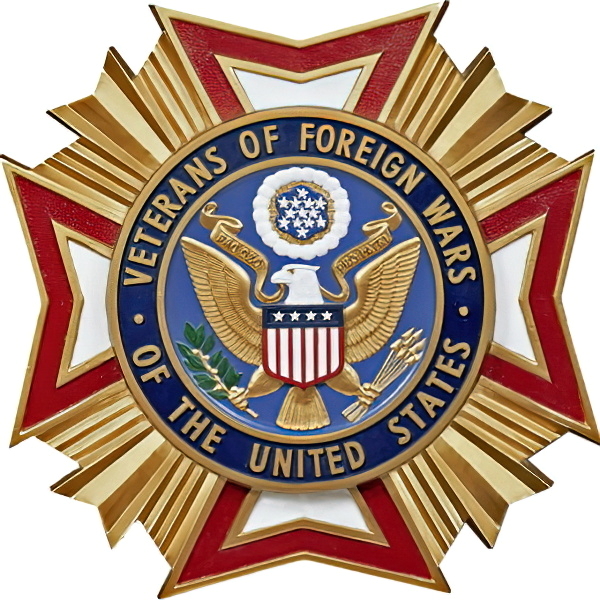
Unfortunately (for the many great organizations and me), I have not kept any association memberships. I briefly joined the VFW and American Legion as they assisted in recognizing our service in Bosnian Herzegovina.
In what ways has serving in the military influenced the way you have approached your life and your career? What do you miss most about your time in the service?

My dad died tragically when I was only 12 years old. It impacted our psyche worse than we could imagine (I have a brother & sister, each just 18 mos. older/younger than me).
My mom had just gotten us active in the Boy Scouts, and she made sure we both stayed in for 7+ years (’til 18). Both of us were “highly motivated” by mom to earn our Eagle Scout badges. I’m so glad she ‘encouraged’ me especially. The BSA used to be a para-military organization, and it greatly helped me become a man and find my place in the world.
The Army magnified that and solidified ‘manhood,’ really; we gained raw strength, amazing independence, knowledge, life experience, FORTITUDE, and so many other incredible life tools.
I do miss the structure, the fitness, the power & respect (NCO), the esprit de corps, the travel, and the camaraderie.
Based on your own experiences, what advice would you give to those who have recently joined the Army?

What advice would I give a new soldier? DEVOTE yourself, “embrace the suck,” as we say. Hold tightly to the sacrifice you are making, and it will be gone before you know it, even if you serve 20 years.
I know it takes a lot of time, and the pay isn’t great but work your ass off while you’re in. Achieve as much as you can, “be the best that you can be “… you’ll never have another opportunity like it, anywhere in the world.
In what ways has togetherweserved.com helped you remember your military service and the friends you served with.
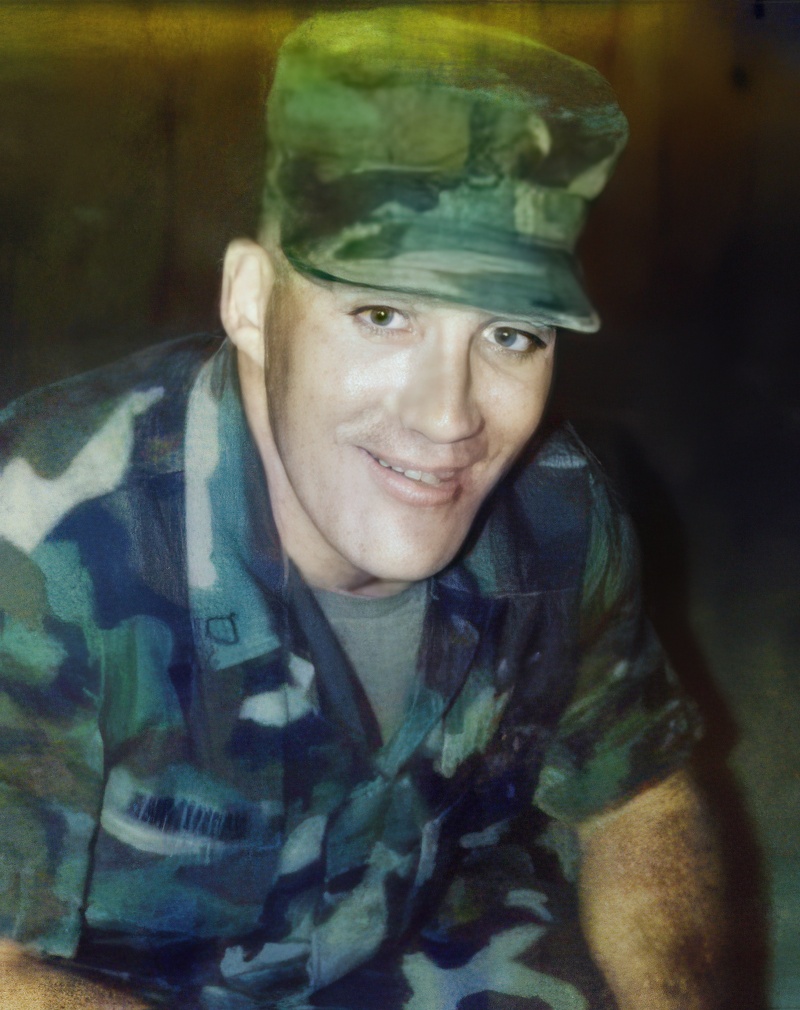
Great questions, nice format.
PRESERVE YOUR OWN SERVICE MEMORIES!
Boot Camp, Units, Combat Operations
Join Togetherweserved.com to Create a Legacy of Your Service
U.S. Marine Corps, U.S. Navy, U.S. Air Force, U.S. Army, U.S. Coast Guard

0 Comments